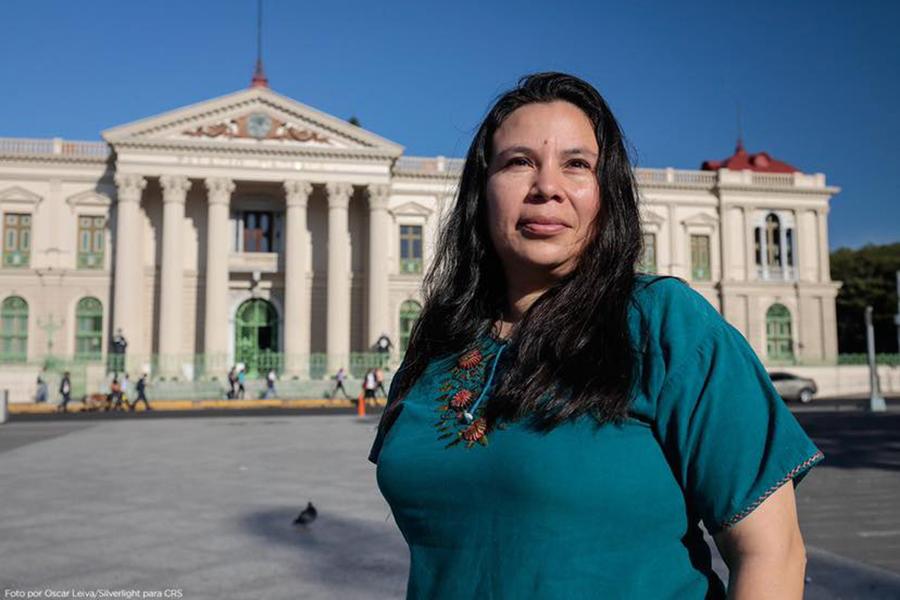Rosa Anaya Perla, a human rights activist who found refuge in the San Geronimo Valley after witnessing her father’s assassination, is receiving the . . .
Salvadoran with valley ties wins peace award


Rosa Anaya Perla, a human rights activist who found refuge in the San Geronimo Valley after witnessing her father’s assassination, is receiving the . . .